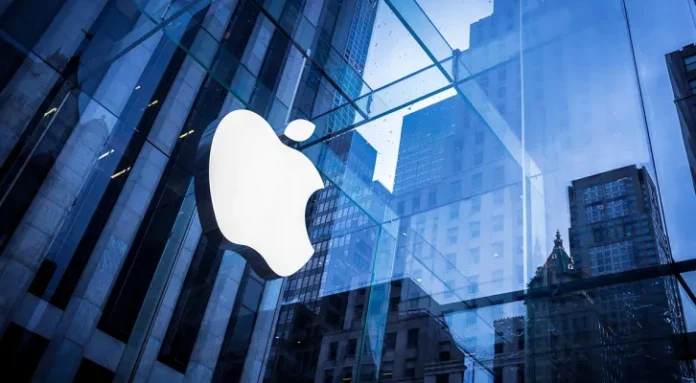As sweeping U.S. import tariffs introduced by former President Donald Trump take effect, Apple has taken swift action to reduce the financial impact on its business. In a strategic move to avoid a 10% import tariff, Apple reportedly airlifted five full cargo planes of iPhones and other devices from India to the United States in late March.
According to Indian government sources cited by The Times of India, the emergency shipments were timed to beat the April 5 tariff deadline. These new tariffs are expected to affect nearly all major industries, including consumer electronics, smartphones, and tech imports from Asia.
Apple Moves to Mitigate Tariff Impact
By fast-tracking U.S. imports, Apple aims to delay price hikes and maintain product availability while evaluating longer-term options. With this surge in shipments, the company is expected to sustain U.S. inventory for a short period, cushioning the blow of the increased import duties.
Apple has not announced any immediate plans to raise iPhone prices or alter pricing strategies in India or other international markets. The move reflects a broader strategy to protect its U.S. supply chain during times of regulatory volatility.
Shift to India: Apple’s Manufacturing Pivot
The situation further highlights Apple’s ongoing shift in production from China to India. With Indian exports facing only a 26% reciprocal tariff, compared to 54% for Chinese-made goods, Apple stands to benefit significantly by relocating manufacturing operations.
Currently, Apple assembles iPhones and AirPods in India, and the company now accounts for a majority of India’s $9 billion smartphone exports to the U.S. The new tariff policy may accelerate this transition, especially if long-term trade tensions persist between Washington and Beijing.
What’s Next for Apple and U.S. Consumers?
If the Trump tariffs on tech imports remain in place, Apple may need to make additional pricing or supply chain adjustments in the U.S. Meanwhile, consumers may see fewer short-term price increases thanks to the pre-tariff imports.
However, the sustainability of this workaround depends on how long Apple can stretch its boosted inventory, and whether the U.S. trade policy will evolve under future political negotiations.




